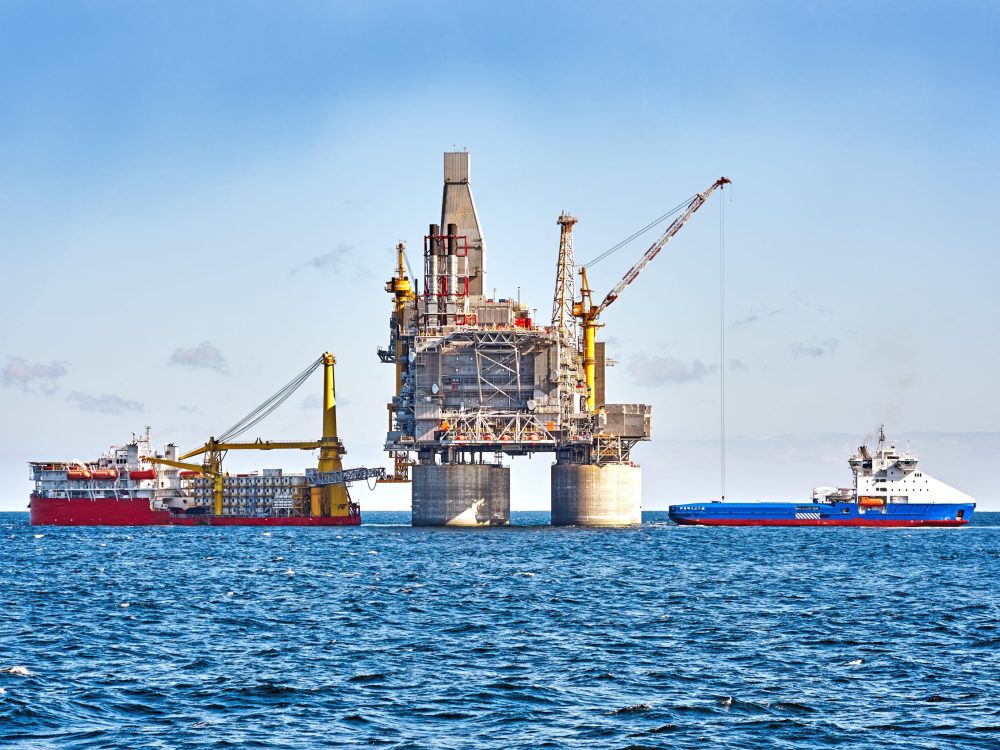

About Us
AVS has led maritime supply, catering, and logistics for 39 years, serving seafarers globally. Our reach spans 1,500+ ports in 126 countries, committed to excellence, innovation, and sustainability. We aim to surpass client expectations, making their challenges our mission.
Partner with AVS, where fast, efficient and reliable maritime solutions is our priority.
About UsContact Info
- Soganlik Yeni Mah, Pamukkale Sk. No:2, 34880, Kartal, Istanbul, Turkiye
- +90 216 591 0849
- info@avsglobalsupply.com
What is ESG?
- Home
- Blog
- What is ESG?

Kategori Yok
- Date: 10 Jun 2025 21:00
- Author: AVS Editor Staff
What is ESG?

ESG refers to a set of standards used to evaluate a company’s environmental stewardship, social impact, and governance practices. These criteria help assess risk exposure and ethical alignment in areas where traditional financial metrics fall short.
ESG in Context
- Environmental (E): Focuses on emissions, pollution controls, fuel efficiency, energy use, and waste management.
- Social (S): Involves crew welfare, labor practices, community impact, diversity, and health & safety.
- Governance (G): Assesses board oversight, anti-corruption measures, data transparency, and stakeholder rights.
Historically, ESG originated from socially responsible investing (SRI) principles, but it has evolved into a broader framework for risk mitigation and performance evaluation — especially for asset-heavy industries like shipping.
ESG Components and Implementation
Environmental: Practical Impacts in Maritime Operations
- Ballast water management systems
- Low-sulfur fuel or LNG adoption
- Shore power and cold ironing capabilities
- Carbon intensity monitoring (CII, EEXI compliance)
Social: Human Capital and Supply Chain Ethics
- Safe working conditions onboard
- Fair wages and training programs
- Mental health initiatives for seafarers
- Transparent labor conditions in supplier networks
Governance: Structure, Compliance, and Oversight
- Transparent audit trails and internal controls
- Sanctions compliance, vetting, and due diligence
- Anti-bribery training and reporting mechanisms
- Digital governance policies and cybersecurity
ESG Frameworks and Standards
Several global standards support ESG evaluation and reporting. Here are the most relevant:
| Framework | Focus Area | Applicability to Maritime |
|---|---|---|
| GRI (Global Reporting Initiative) | Broad sustainability reporting | Widely used across sectors |
| SASB (Sustainability Accounting Standards Board) | Financial materiality | Applies to marine transport |
| TCFD (Task Force on Climate-Related Financial Disclosures) | Climate risk | Used in ship finance and investor reports |
| IMO Guidelines (CII, SEEMP Part III) | Environmental | Industry-specific benchmarks |
Benefits and Strategic Value
Why ESG Is Good Business
- Reduced insurance premiums through lower operational risks
- Access to green financing from banks and institutional investors
- Stronger charterer confidence, particularly for time charters and long-term freight contracts
- Improved stakeholder relations including flag states, unions, and regulators
Common Challenges
- Data collection gaps (especially from older assets)
- Resistance to change from traditional management structures
- Cost implications for retrofitting and compliance audits
- Lack of unified global standard across jurisdictions
ESG in Practice: A Ship Supply Perspective
Our technical team at Meridian Ship Supply regularly advises operators on ESG-aligned procurement practices. For instance:
- Supplying IMO-compliant low-emission stores and lubricants
- Working with ethically certified PPE and safety gear manufacturers
- Ensuring vendors follow documented chain-of-custody and worker protection protocols
Frequently Asked Questions About ESG
What does ESG stand for?
ESG stands for Environmental, Social, and Governance. It’s a framework used to evaluate a company’s sustainability practices, social responsibility, and corporate governance standards.
Why is ESG important in shipping and industrial sectors?
These sectors are highly regulated and asset-intensive. ESG helps operators reduce risk, meet compliance standards, and improve access to financing, while also aligning with global sustainability goals like decarbonization.
Is ESG reporting mandatory?
While not universally mandatory, ESG disclosure is increasingly expected by financiers, insurers, and charterers. In the EU, for instance, the Corporate Sustainability Reporting Directive (CSRD) requires detailed ESG reporting from large companies.
How is ESG different from CSR?
CSR (Corporate Social Responsibility) is about voluntary efforts to act ethically. ESG, on the other hand, involves measurable performance indicators and is increasingly tied to investment and operational risk.
What ESG regulations impact maritime operations?
Key regulations and standards include:
- IMO’s CII and EEXI for carbon intensity
- EU Emissions Trading System (EU ETS)
- ILO Maritime Labour Convention (MLC)
- Sanctions compliance under OFAC, EU, and UK rules
What tools can help implement ESG strategies?
- Fleet monitoring systems for emissions and energy use
- Vendor due diligence platforms to verify ethical sourcing
- Digital procurement platforms that align with ESG traceability
- Crew welfare software for tracking training, hours, and wellbeing
How does ESG affect procurement and ship supply?
Sustainable procurement practices ensure goods are sourced from certified, ethical, and environmentally responsible vendors. This includes:
- Eco-labeled cleaning chemicals
- PPE made from recycled or certified materials
- Engine oils with biodegradable formulations
Who evaluates ESG performance?
- Investors use ESG ratings (e.g., from MSCI or Sustainalytics)
- Class societies incorporate ESG into inspection frameworks
- Banks and financiers apply ESG filters for green loans and bonds
- Port authorities and charterers include ESG in due diligence reviews
Can SMEs implement ESG without large budgets?
Yes. Start with focused actions:
- Track fuel and waste metrics manually
- Partner with ethical suppliers
- Create a basic ESG policy document
- Focus on one pillar (e.g., crew welfare or emissions) and expand gradually

Published by
AVS Editor Staff
Bilinmiyor
Popular Posts


